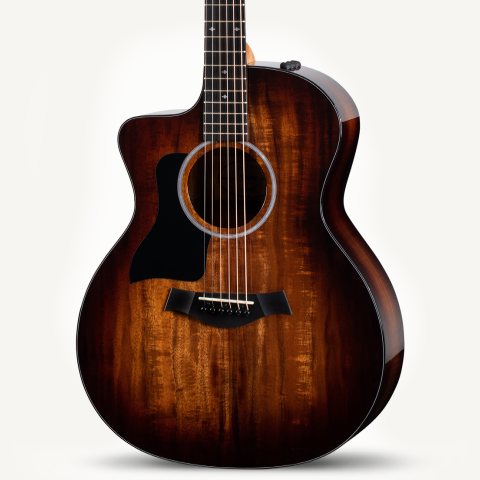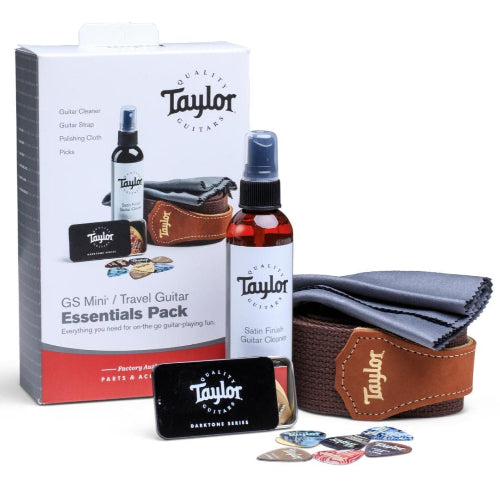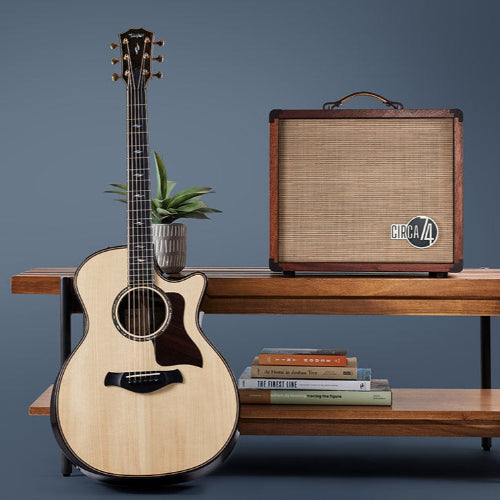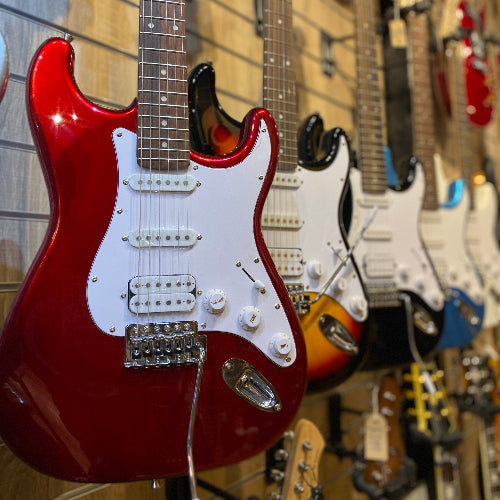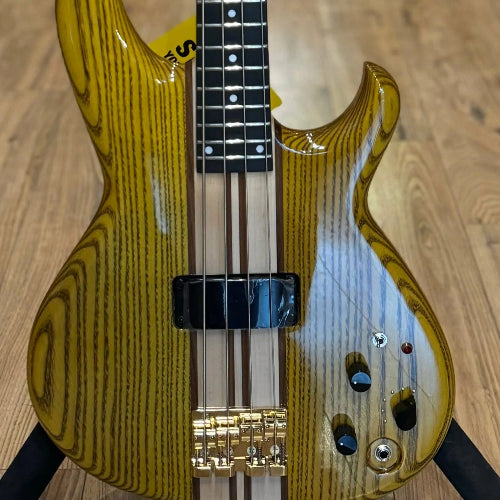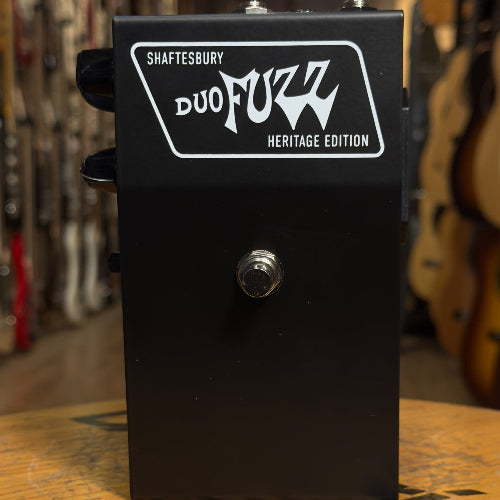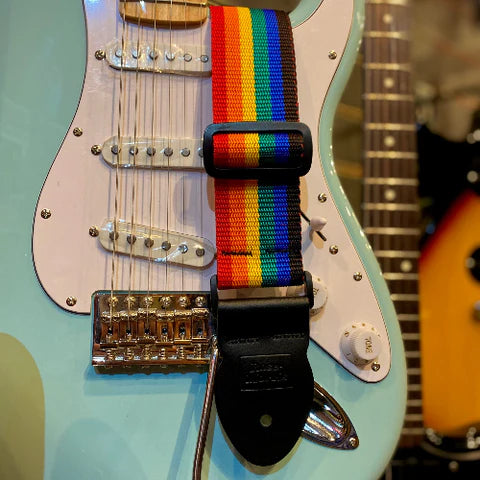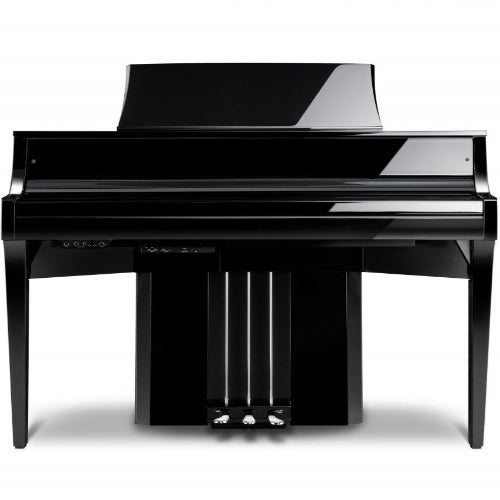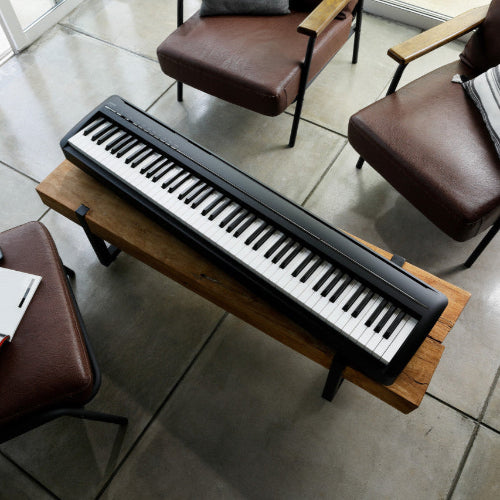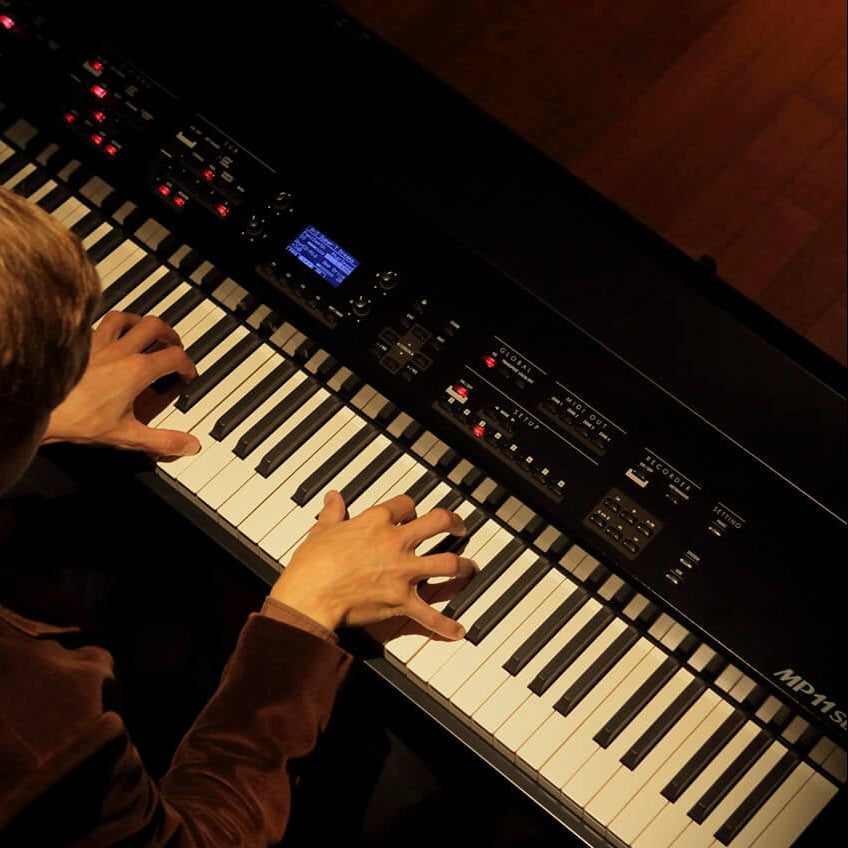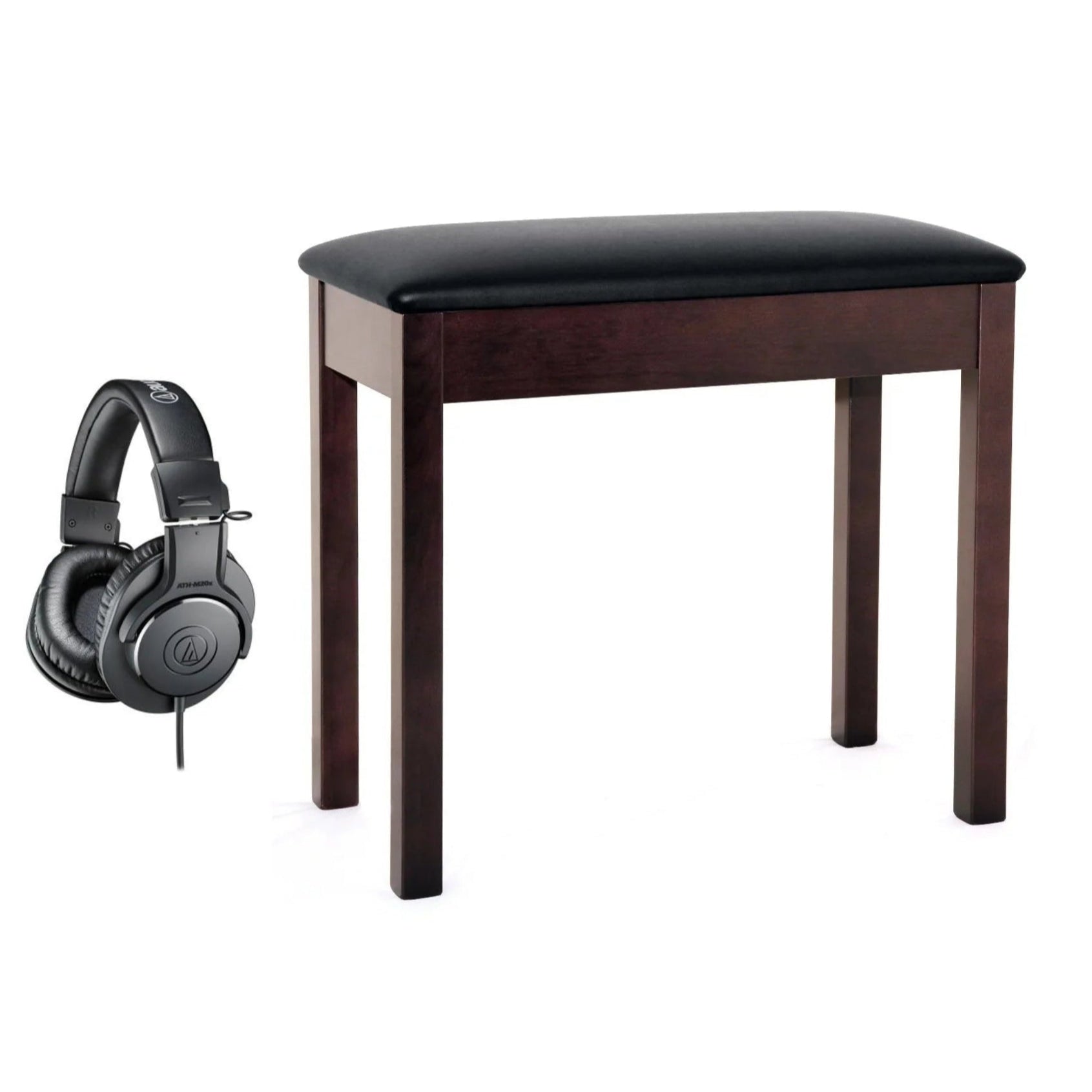Early in 1933 there was some shifting of departments to make room for a workshop at City Road; the showroom was halved in size, an office moved and space obtained for the setting up of a few benches, a couple of lathes and a small circular saw. Shafts and pulleys were erected, and the first Rose-Morris electric motor installed (at the somewhat unusual voltage of 534 D.C.).
Hence commenced a small scale manufacture of uke-banjos and banjos and the little factory was kept hard at work. A small quantity of guitars was produced later - large bodied acoustic models which were distinguished with the name 'KRUNA' (a play on the word 'crooner' soon to distinguish the inimitable style of Bing Crosby). These were sprayed in the Gramophone shop downstairs, using, a motor car tyre pump to produce the necessary air pressure - the overspray descending on the unhappy inhabitants of the record department!
It soon became evident that the manufacturing side of the business had scope for enlargement. More space was needed for the activities of the warehouse, and it was decided to establish a factory outside the existing premises - a small building at 14 Sun Street.
Finsbury Square was thought suitable, though its inconvenience was to be found later on. Here, on five small floors, with a twisted wooden staircase and a microscopic hand-operated lift, the Rose Morris factory was born. Absorbed into it were the Cowlins, father and son, who had been making drums for RM for several years: with them came two workmen, and together they began the first RM manufacture of drums. A. Nathan was moved from City Road to Sun Street to become the 'factory office' a post he filled until 1958 except for the war years.
The following five or six years were years of steady growth, both in the warehouse and in the factory. Home trade and a small export business grew side by side, though competition was fierce, and a price difference of sixpence could make or mar a line. The factory produced a growing range of merchandise, now including ukuleles, drums of many kinds and numerous accessories - all of which were trundled round to the warehouse in City Road on a handbarrow. Enormous business (in bulk if not in value) continued to be done in the gramophone record department, and mouth-organs and accordions remained best sellers.
There was imperative need for representatives, and two young men already well known in the trade were invited to join Rose Morris. William A. Woolf came to the company from British Music & Tennis Strings Ltd, and his twin brother, Maurice A. Woolf came from Decca. That they were a notable acquisition to RM soon became evident, and their irrepressible sense of humour and identical appearance produced some memorable situations. In 1937 the company was joined by Roy B. Morris, elder son of Victor Morris: after a spell of indoor activities he joined the travelling sales staff. 1938 saw the engagement for the travelling staff of Michael Berman, from Decca.
Photo: RM's first machinery. Powered lathe, sawbench and drill at City Road, c.1933. Scribing the heel of a Banjo in the foreground – Francis Beddard, father of our present factory manager.


